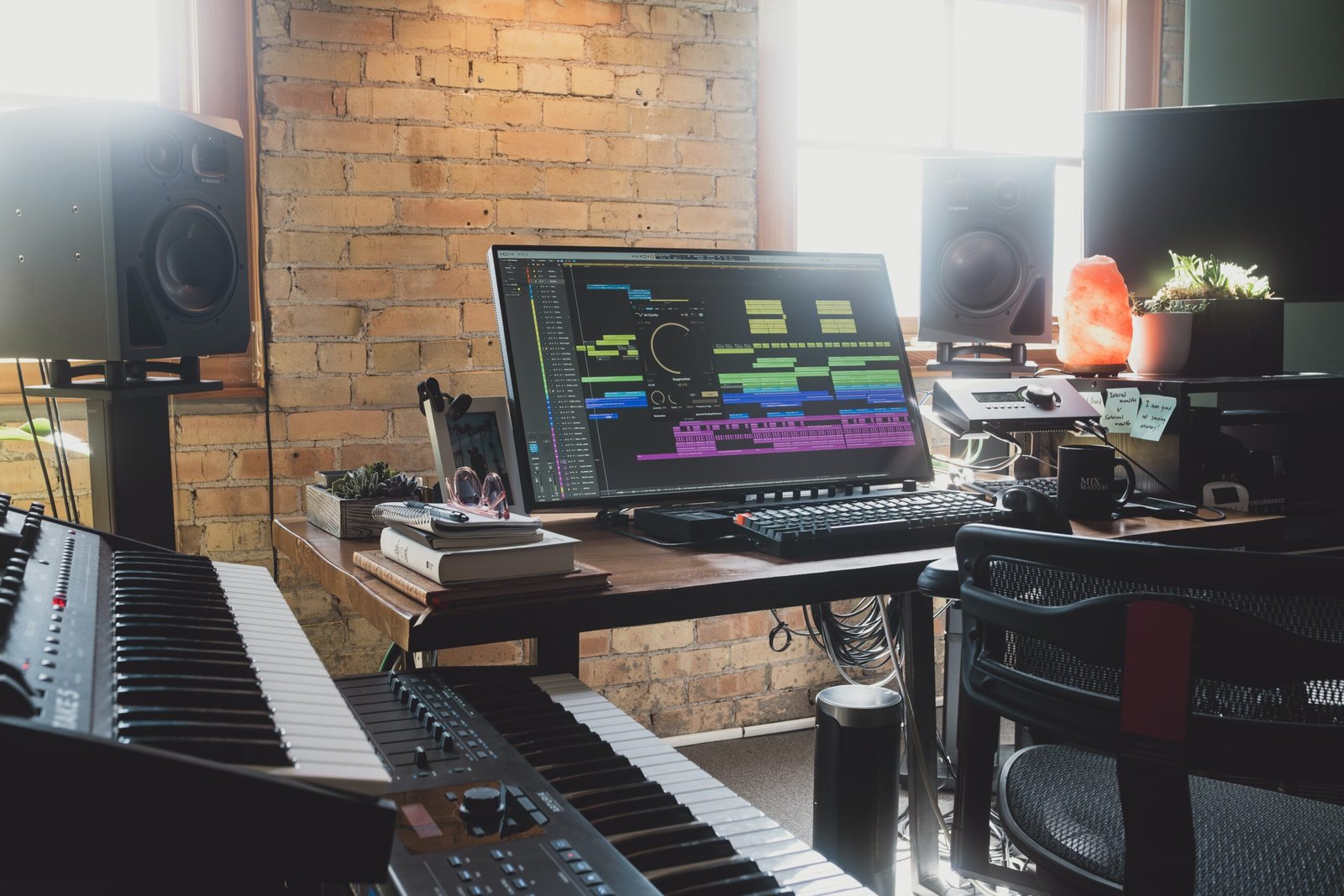When you listen to your favorite songs, have you ever wondered who is responsible for creating that perfect blend of instruments, vocals, and beats? It’s the music producers who work tirelessly behind the scenes to bring your favorite tracks to life. These unsung heroes are the masters behind the mix, shaping the sound that defines our musical experiences.
The Role of a Music Producer
A music producer is like the conductor of an orchestra, overseeing the entire process of creating a song or an album. Their role is to guide and shape the artistic vision, working closely with the artists to bring their ideas to fruition. From selecting the right songs to arranging and recording them, music producers are involved in every step of the creative process.
One of the key responsibilities of a music producer is to ensure that the recording sessions run smoothly. They work closely with the artists and the recording engineers to capture the best performances and make sure that the technical aspects, such as sound quality and balance, are perfect.
But a music producer’s work doesn’t end there. They are also involved in the post-production phase, where they add the finishing touches to the recordings. This includes tasks such as editing, mixing, and mastering, which are crucial in creating the final polished sound.
The Skills of a Music Producer
Being a music producer requires a unique set of skills. Firstly, they need to have a deep understanding of music theory and composition. This allows them to make informed decisions about the arrangement and structure of a song, ensuring that it flows seamlessly and captures the listener’s attention.
Additionally, music producers need to have a keen ear for detail. They must be able to identify the strengths and weaknesses of a recording and make the necessary adjustments to enhance the overall sound. This involves skills in audio editing, mixing, and mastering, as well as knowledge of various recording techniques and equipment.
Furthermore, a music producer must possess excellent communication and interpersonal skills. They need to be able to effectively communicate their ideas to the artists and the recording engineers, while also being open to feedback and collaboration. Building strong relationships with the artists is crucial in order to create a comfortable and productive working environment.
The Impact of Music Producers
Music producers play a significant role in shaping the sound of popular music. They are responsible for creating the sonic landscapes that transport us to different emotional states and connect us with the artists on a deeper level. Their expertise and creativity can make or break a song, transforming a good track into a great one.
Furthermore, music producers often act as mentors and guides for emerging artists. They provide valuable insights and guidance, helping artists develop their unique sound and navigate the complex music industry. Their experience and knowledge can be instrumental in launching successful careers.
The Evolution of Music Production
The role of music producers has evolved over the years, thanks to advancements in technology. With the rise of digital audio workstations (DAWs) and home recording studios, more and more aspiring producers are able to create professional-quality music from the comfort of their own homes.
However, despite the accessibility of technology, the importance of skilled music producers remains unchanged. Their expertise and artistic vision are still crucial in crafting the perfect sound. While anyone can now create music, it takes a true master to elevate it to the next level.
Conclusion
Next time you listen to your favorite songs, take a moment to appreciate the music producers behind the scenes. They are the unsung heroes who shape the sound that defines our musical experiences. With their unique skills and creative vision, music producers play a vital role in creating the music we love.


































